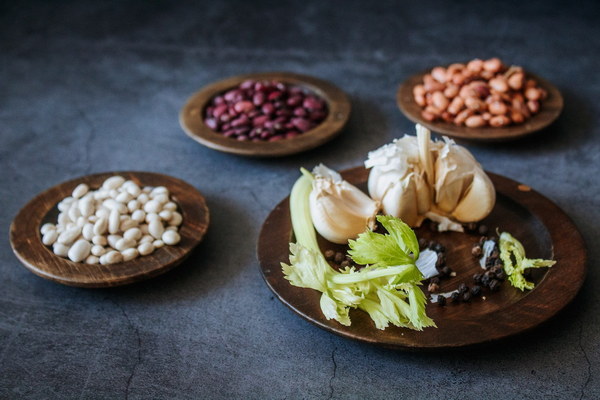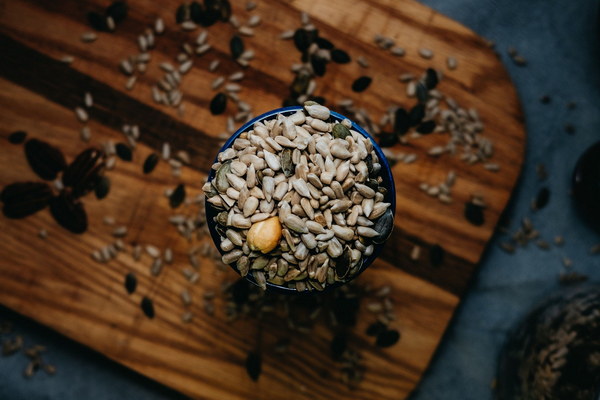Postpartum Recovery A Comprehensive Guide to Nurturing Your Body During the First Month
Postpartum recovery is a critical period for new mothers, as it sets the stage for their physical and emotional well-being in the long term. The first month after giving birth, often referred to as the postpartum period, is a time when the body needs extra care and attention to heal and regain strength. Here's a comprehensive guide to help you nurture your body during this transformative time.
1. Rest is Essential
The first and most important rule during the postpartum period is to rest as much as possible. Your body has just undergone a significant event, and recovery takes time. Listen to your body and take advantage of help from family and friends when available. Aim for 8-10 hours of uninterrupted sleep per night, and take naps during the day if you need them.
2. Nutrition for Healing
A balanced diet rich in essential nutrients is vital for postpartum recovery. Include a variety of fruits, vegetables, whole grains, lean proteins, and healthy fats in your meals. Some key nutrients to focus on are:

- Protein: Helps repair tissues and boost the immune system. Good sources include lean meats, fish, eggs, beans, and dairy products.
- Iron: Essential for producing red blood cells and preventing anemia. Incorporate iron-rich foods such as red meat, poultry, fish, beans, lentils, and leafy greens.
- Calcium: Important for bone health and milk production. Consume dairy products, leafy greens, and fortified foods.
- Vitamin D: Helps absorb calcium and supports overall bone health. Sunlight is a great source, but you may also need supplements.
- Fiber: Helps maintain regular bowel movements, which is particularly important after giving birth. Include fiber-rich foods such as fruits, vegetables, whole grains, and legumes.
3. Hydration and Fluid Intake
Staying hydrated is crucial for recovery. Drink plenty of water throughout the day to support milk production, maintain energy levels, and aid in the elimination of waste products. Aim for at least 8-10 glasses of water daily, and adjust as needed based on your activity level and weather.
4. Gentle Exercise
Exercise can help you regain strength and endurance after giving birth. However, it's important to start slowly and choose low-impact activities such as walking, prenatal yoga, or postpartum Pilates. Consult with your healthcare provider before starting any exercise regimen, especially if you have had a cesarean section or other complications.
5. Pelvic Floor Exercises (Kegels)
Pelvic floor exercises, or Kegels, are essential for strengthening the muscles that support the bladder, bowel, and uterus. These exercises can help prevent urinary incontinence, improve sexual function, and aid in the recovery of the pelvic floor. Perform Kegels regularly throughout the day, focusing on holding the contraction for three to five seconds and releasing for three to five seconds.
6. Emotional Support
Postpartum recovery isn't just physical; it's also emotional. Seek emotional support from family, friends, or a support group for new mothers. Consider talking to a lactation consultant if you're experiencing challenges with breastfeeding, and don't hesitate to reach out to a mental health professional if you're struggling with postpartum depression or anxiety.
7. Avoiding Certain Activities
To ensure proper healing, avoid certain activities during the postpartum period:
- Heavy Lifting: Lifting heavy objects can strain your back and pelvic area, delaying recovery.
- Sex: It's generally recommended to wait at least six weeks after a vaginal birth and eight weeks after a cesarean section before resuming sexual activity.
- Hot Tubs and Saunas: These can interfere with healing and increase the risk of infection.
In conclusion, postpartum recovery is a delicate and important time for new mothers. By focusing on rest, nutrition, hydration, exercise, emotional support, and avoiding certain activities, you can nurture your body and promote a healthy recovery. Remember that patience and self-care are key to thriving during this transformative period.









